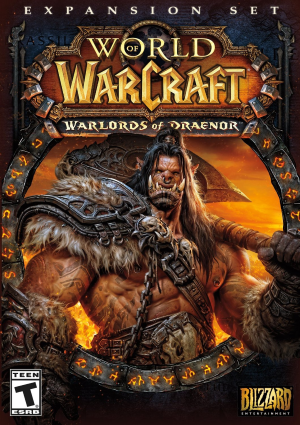Just a few months ago, the future wasn't looking so bright for World of Warcraft, with subscriptions dipping down to just under 7 million and Blizzard employees stating publicly that they didn't expect the subscriber base to grow going forward. What a difference an expansion makes, as Blizzard announced this week that the recent release of Lords of Draenor has pushed the game back over 10 million subscribers for the first time since 2012.
That's up from 7.4 million subscribers reported in October and a low of 6.8 million reported in July, Blizzard said. More than 3.3 million people have purchased a copy of Draenor even prior to the expansion's launch in South Korea, China, Taiwan, Hong Kong, and Macau today.
World of Warcraft's popularity peaked at 12 million subscribers in late 2010, around the release of the Cataclysm expansion and the game's first launch in China. Subscriber numbers have been on a slow but consistent downward slope since then, though. That wasn't materially changed by the 2012 release of the Mists of Pandaria expansion, which sold 2.7 million copies in under a week.
Warlords of Draenor differs from previous WoW expansions by offering users a free, single-use upgrade to level 90, giving lapsed players instant access to the expansion's new late game content without the need to spend hours grinding up dozens of experience levels. Players can also purchase additional level-90 boosts for a $60 fee, but they still have to work in-game to reach the new level cap of 100.
That new perk appears to be a big hit if these unexpectedly strong subscriber numbers are any indication. It will be interesting to see if those returning players stick around once they've worked through the expansion's new content, or if Draenor will be a temporary blip on WoW's long-running decline.



 Loading comments...
Loading comments...
